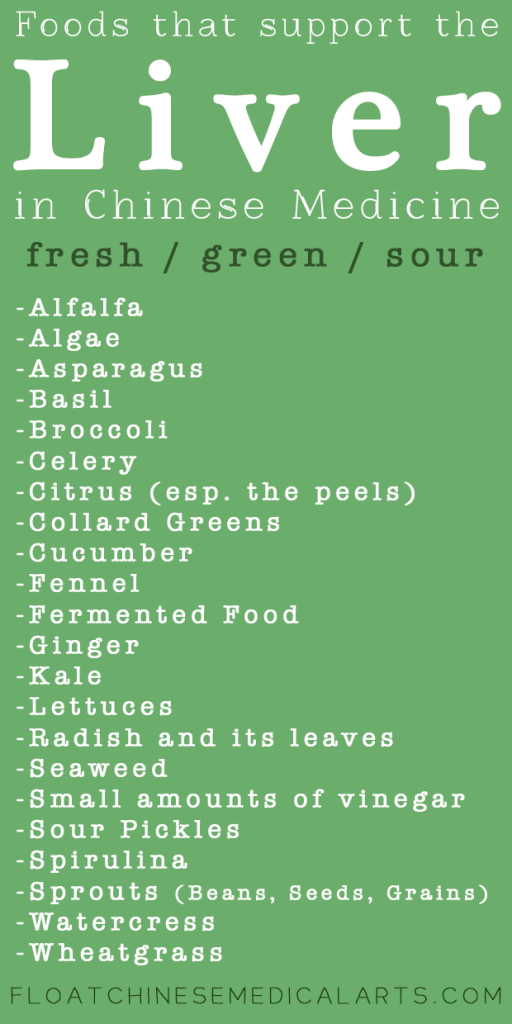Buying organic produce is definitely more expensive but the health benefits outweigh the costs. Choosing which organic produce you should buy depends on the amount of pesticides that are used.
Organic produce contains fewer pesticides. Pesticides are a problem because:
*Pesticides can accumulate in your system. Most of us have been exposed to pesticides for so long that our bodies have stored up chemicals that can strain a weak immune system and lead to health problems such as headaches and birth defects.
*Exposure to pesticides at an early age can cause developmental delays, behavioral disorders, and motor dysfunction. Not surprisingly, children and fetuses are most vulnerable to pesticide exposure because their bodies (particularly their immune systems) and brains are still developing.
*Pesticides put strain on already taxed organs so pregnant women are more vulnerable. Pesticides can be passed from mother to child in the womb, as well as through breast milk.
The following foods are considered to be the “dirty dozen” according to the Environmental Working Group, a nonprofit organization that analyzes the results of government pesticide testing in the U.S. so, try to buy organic.
*
peaches
*apples
*sweet bell peppers
*nectarines
*strawberries
*cherries
*pears
*imported grapes
*lettuce
*carrots
*kale
*celery
(rated THE WORST)
*spinach and potatoes
The following non-organic fruits and vegetables have low pesticide levels because most have thicker skin or peel which protects them better from  pests, which means farmers do not need to use many pesticides.
pests, which means farmers do not need to use many pesticides.
*Onions
*Avocado (both onion and avocado were rated lowest in pesticides)
*Corn
*Pineapple
*Mango
*Asparagus
*Peas (sweet)
*Kiwi
*Cabbage
*Eggplant
*Papaya
*Watermelon


